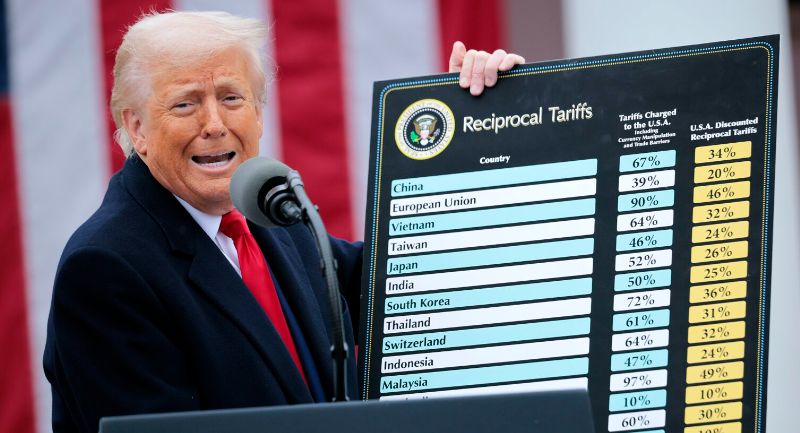Kantar’s newly released Consumer Sentiment Barometer has revealed a significant shift in Australian consumer behaviour in the wake of escalating global tariffs. The data shows 42% of Australians claim they will stop buying US products and services, while 53% say they plan to increase purchases of local alternatives.
The study, which surveyed 500 Australians in April 2025 as part of a global 20-market initiative, attributes these changes to widespread concerns over cost-of-living pressures. These concerns are most notably driven by rising energy costs (64%), business profiteering (51%), and economic policies (52%).
In addition to the shift away from international products, Australians are cutting back on discretionary spending across various categories. Notably, 41% are reducing their spend on fast food and takeaways, 39% on new clothing, 38% on bar visits, and 37% on streaming services. Larger expenditures such as overseas travel and vehicle purchases are also seeing significant pullbacks.
“People are uncertain – and genuinely so,” said Mark Kennedy, Managing Partner – Consulting at Kantar Australia. “Add tariffs to an already tumultuous world and it’s important to understand public sentiment and how this is impacting people’s behaviour.”
The findings underscore the urgency for businesses to adapt their strategies. Kantar identified five critical behaviours that distinguish brands that thrive during disruption: being meaningfully different, maintaining brand visibility, reinforcing pricing power, leveraging creative communications, and exploring new category opportunities.
Globally, 71% of respondents blame the US for the current tariff situation, though local approval of government responses varies. In APAC, Japan and South Korea stand out for their pessimism about future economic conditions, while confidence remains high in India, Saudi Arabia, and the UAE.

Kantar Consumer Sentiment Barometer, May 2025
Kantar’s research suggests brands need to engage in proactive scenario planning and strategy recalibration. “If your business is underperforming in good times, you won’t be protected in bad ones,” Kennedy added. “Now is the wrong time to be passive.”
